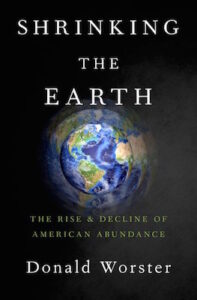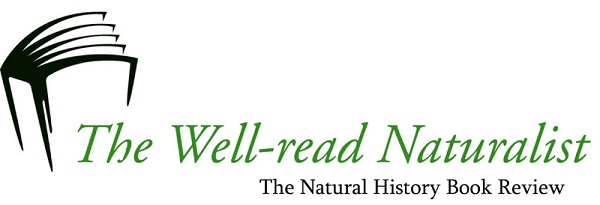 Back when I was a boy growing up in a small coastal town in the Pacific Northwest, my sense that everything around me was inexhaustible was not simply the result of youthful naïvety, it was acquired from and reinforced by all those around me. The salmon in the river were beyond number. The forests stretched for as far as I could see from the highest hill in the town. Everything upon which I, my parents, and everyone we knew relied seemed truly inexhaustible.
Back when I was a boy growing up in a small coastal town in the Pacific Northwest, my sense that everything around me was inexhaustible was not simply the result of youthful naïvety, it was acquired from and reinforced by all those around me. The salmon in the river were beyond number. The forests stretched for as far as I could see from the highest hill in the town. Everything upon which I, my parents, and everyone we knew relied seemed truly inexhaustible.
Today, I – and most others I know – install low-flow shower heads, sort recyclable glass from plastic, and engage in a hundred other activities that all derive from the understanding that the resources of the world are most decidedly limited – and becoming more so every day.
In his new book Shrinking the Earth; The Rise and Decline of American Abundance, ecological historian Donald Worster, Honorary Director of the Center for Ecological History at the Renmin University of China and Hall Distinguished Professor of American History Emeritus at the University of Kansas takes up this very shift in our understanding of resources by examining how Americans like myself once thought, how we think today, and what the implications of both have for the entire planet.
